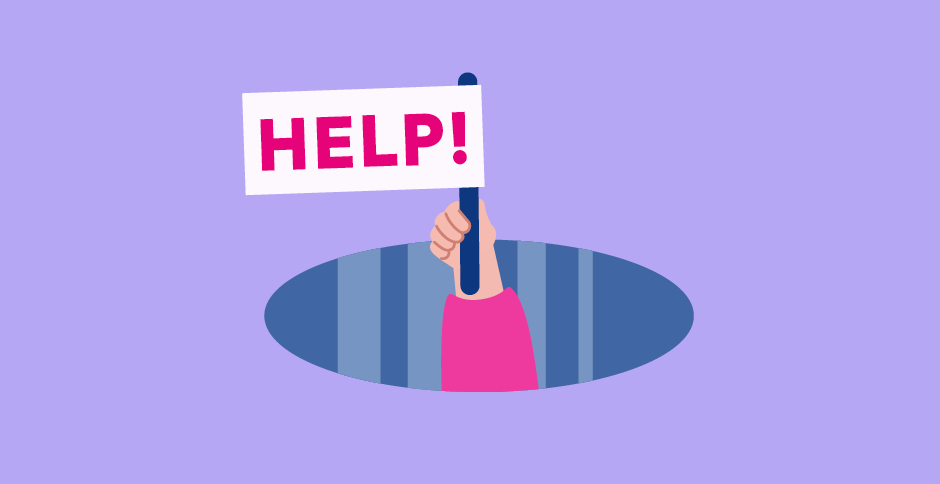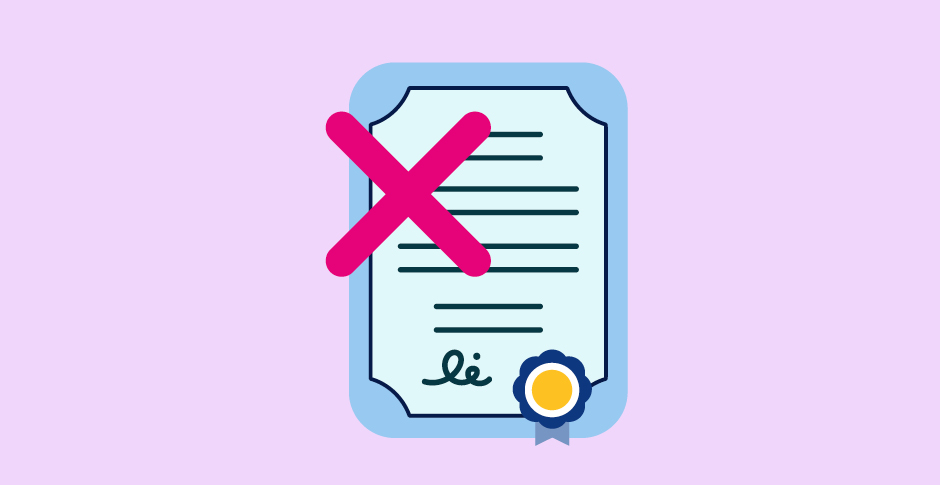Making a career change can be one of the biggest decisions a person can make, with so many considerations to factor in.
There seems so much at stake – income, our social standing, managers, the commute, culture, flexibility, and the challenge and enjoyment we expect our work to bring us. If only we could test out our next potential job before taking it. Wouldn’t that be nice?
Fear of the unknown is one of the top barriers for people considering a career change. And, according to Psychologist Sabina Read, fear of the unknown is actually a universal barrier that’s possibly linked to a phenomenon known as the negativity bias, which sees humans prioritise negative events over positive ones, preparing us for the worst in order to maximise our chance of survival.
In the case of a job change, our judgement can only rely on the information we are able to find or stories we hear from others, so the idea of taking such a risk may indeed illicit emotional and psychological discomfort. The good news is, there are several strategies to help navigate these hurdles, so that making a job or career change can be both actioned and embraced.
Psychologist Sabina Read shares her tips:
-
Understand your fear. Basic theories of human behaviour generally assume that our thinking influences the ways we feel and behave. If our thoughts are telling us we aren't good enough, we may fail or others would do a better job, then we will most likely lack confidence and feel hesitant and fearful which may naturally result in avoidant behaviour.
-
Work with the information you have. We need to tune in, challenge and then re-calibrate our often exaggerated and unhelpful thinking. This is different to just thinking happy-clappy "turn that frown upside down" thoughts and requires a realistic assessment of the potential career change and its challenges as well as an audit of your coping skills, including when you may have coped with similar challenges in the past. When we can break down the challenges we are dealing with, we tend to feel a greater sense of determination and hope. Try to identify your greatest fear, then brainstorm ways to minimise the risks and cope with the hurdles the change may bring.
-
Take your thoughts to court. We can all benefit by taking stock of our unhelpful thinking and challenging the thoughts that aren't serving us well. One way to do this is to take our "thoughts to court" by asking a pretend judge and jury (in our mind!) to assess our thinking. What evidence is there that someone else would really do the job better? What are some examples when we have coped well with uncertainty in the past? What skills do we realistically bring to the new job? It's only human to be hijacked by unhelpful and faulty thinking sometimes, but a thought is just a thought, which means it can be challenged and changed.
-
Ride the wave of fear. Not knowing creates a sense of being out of control but if we understand we can ride this wave until the discomfort reduces, we are more likely to hop on the wave in the first place. Exercise, meditation and talking to others can all help us ride the wave of fear.
-
Make peace with failure. So, what if we take the leap and it doesn’t work out? The key here is to frame any less than desirable outcomes as learning opportunities. If we take away the idea of failure and use setbacks as experiences to draw lessons from, there will always inevitably be a positive outcome at some point in your journey. Your professional life will encompass lots of change and diversions - finding out what you like and are good at is just as important as discovering areas to improve on.
Failure has the potential for rich growth while avoidance leaves us stewing in paralysis and fear. Moving towards our fears in small, incremental steps is the best approach to finding out that we can cope with the fear we have.



